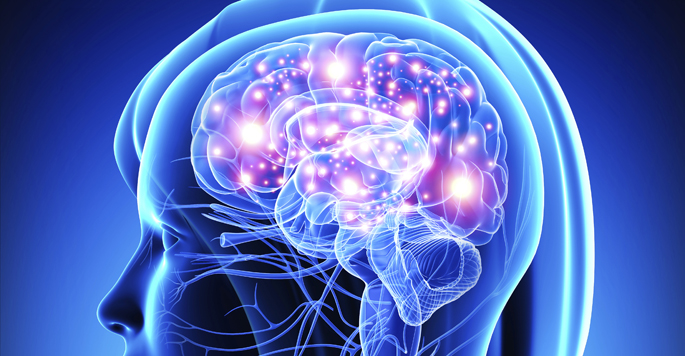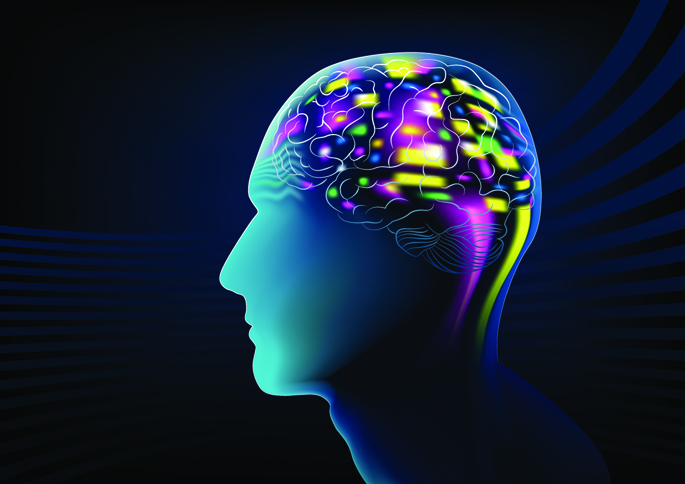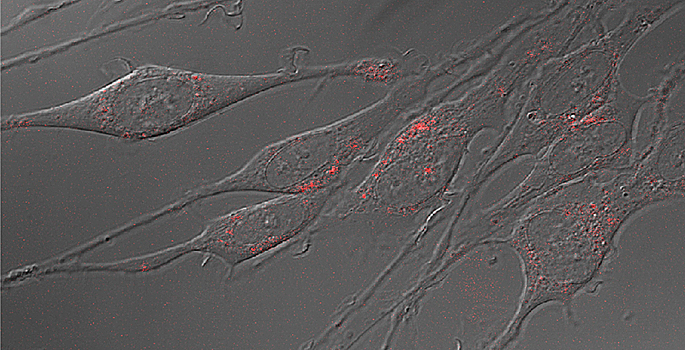Department Of Psychiatry
-

Celebration honors 11 new endowed chair holders
Eleven Vanderbilt University faculty members named to endowed chairs were recognized for their outstanding scholarship and research during a celebration at the Student Life Center Nov. 29. Read MoreDec 5, 2017
-

Gender, pain and dementia
Understanding sex differences in pain perception could lead to more targeted and effective pain assessment and management strategies in older adults with Alzheimer’s disease. Read MoreOct 16, 2017
-

Pain and Alzheimer’s disease
Clinicians should use a structured interview in people with Alzheimer’s disease to identify pain that might be otherwise overlooked. Read MoreSep 5, 2017
-

Regulating anxiety in the brain
Two brain signaling pathways have overlapping functions in regulating anxiety, suggesting that therapeutics aimed at one or the other will impact both. Read MoreApr 28, 2017
-

Vanderbilt study finds natural chemical helps brain adapt to stress
A natural signaling molecule that activates cannabinoid receptors in the brain plays a critical role in stress-resilience — the ability to adapt to repeated and acute exposures to traumatic stress, according to researchers at Vanderbilt University Medical Center. Read MoreMar 28, 2017
-

Clues found to recurrent depression
Women who have had repeated depressive episodes tend to pay more attention to negative emotional information, suggesting that they may benefit from cognitive therapy to build new, more positive pathways in their brains. Read MoreMar 2, 2017
-

Probing drug abuse circuitry
Vanderbilt researchers have identified cocaine-induced modifications at specific neuronal connections, which could aid the development of new therapies for substance abuse disorders. Read MoreNov 4, 2016
-

Study may help predict anxiety risk in children
In what could be a way to predict which children might be vulnerable to anxiety disorders, a Vanderbilt study has shown that an altered prefrontal cortex function in the brain marks a heightened anxiety risk in children. Read MoreOct 13, 2016
-

Opioids’ impact on women’s health explored at research symposium
Women may be at higher risk than men when it comes to overuse of opioid-containing painkillers, speakers warned at a research symposium at Vanderbilt University Medical Center earlier this month. Read MoreJul 28, 2016
-

Diabetes drugs may ease addiction
Drugs that are being used clinically to treat obesity and diabetes may also have a role in treating drug abuse. Read MoreJul 18, 2016
-

Alzheimer’s risk gene in younger adults
A genetic risk factor for Alzheimer’s disease in later life appears to benefit younger adults as they age. Read MoreJun 2, 2016
-

COX-2 blocker could help PTSD
COX-2 inhibitors – used clinically to reduce inflammation and pain – may find new applications for treating PTSD and other stress-related psychiatric disorders like major depression. Read MoreMay 12, 2016
-

School of Medicine’s Patel receives Presidential Early Career Award
Vanderbilt University Medical Center’s Sachin Patel, associate professor of Psychiatry and of Molecular Physiology and Biophysics, is one of 106 researchers named today by President Obama as a recipient of the Presidential Early Career Award for Scientists and Engineers, the highest honor bestowed by the United States government on science and engineering professionals in the early stages of their independent research careers. Read MoreFeb 19, 2016
-

Face recognition and social anxiety
An inability to recognize faces may be an important mechanism underlying social inhibition and may contribute to, or maintain, social anxiety. Read MoreFeb 19, 2016
-

Trivedi named CEO of Vanderbilt Psychiatric Hospital
Harsh Trivedi, M.D., MBA, associate professor of Psychiatry, vice chair for Clinical Affairs for Vanderbilt’s Department of Psychiatry, and executive director and chief medical officer of Vanderbilt Behavioral Health, has been named CEO of Vanderbilt Psychiatric Hospital. He will remain administrative director for Vanderbilt Behavioral Health. Read MoreFeb 5, 2016
-

Autism study links sensory difficulties, serotonin system
Vanderbilt researchers have established a link between the neurotransmitter serotonin and certain behaviors of some children with autism spectrum disorder (ASD), a link that may lead to new treatments for ASD. Read MoreJan 28, 2016
-

Study further links immune response, serotonin signaling
Vanderbilt University scientists are a step closer to understanding how inflammation in the body can affect mood and behavior. Read MoreNov 5, 2015
-

Study explores nicotine patch to treat memory loss
Vanderbilt University Medical Center has received a $9.4 million grant from the National Institute on Aging (NIA) to test the effectiveness of a transdermal nicotine patch in improving memory loss in older adults with mild cognitive impairment (MCI), a precursor to Alzheimer’s disease. Read MoreOct 29, 2015
-

Depression study seeks to predict treatment response
Treating depressed individuals and figuring out who will and won’t respond to antidepressants is mostly trial and error — much to the frustration of patients and the health care providers who treat them. Read MoreAug 27, 2015
-

Brain circuitry in psychosis
Functional magnetic resonance imaging has revealed faulty circuits between the thalamus – a central hub of brain activity – and other brain regions. Read MoreAug 21, 2015